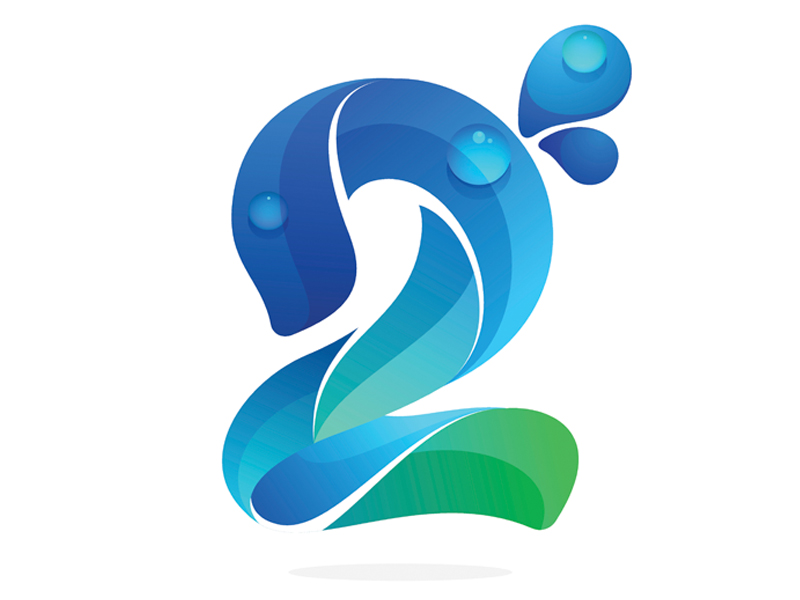Get Easy Health Digest™ in your inbox and don’t miss a thing when you subscribe today. Plus, get the free bonus report, Mother Nature’s Tips, Tricks and Remedies for Cholesterol, Blood Pressure & Blood Sugar as my way of saying welcome to the community!
Eye these 2 nutrients to switch off stress

You know when you feel stressed — you can’t sleep, your mind goes on hyperdrive, your appetite changes and there’s just a general unease about everything. It’s not a pleasant experience.
This happens because stress literally switches your body’s nervous and endocrine system up to maximum velocity.
And the longer it goes on, the more drastic the effects — tired and wired, anxiety, moody and emotional, weight gain, fatigue, lowered immune function, and any number of health glitches start appearing.
Unfortunately stress is something you’re bound to be subject to from time to time. But since it can lead to detrimental health consequences, it’s in your best interest to do what you can to minimize the effects.
One way you can do this is by consuming nutrients and beneficial compounds…
The interesting thing to recognize is that although you feel stress throughout your body, your brain is largely responsible for the outcomes — it is command center. And the brain needs lots of energy in the way of nutrients to support its activity. So much so that even minor nutritional deficiencies can have a major impact.
That’s why it’s so important to eat a nutrient dense diet filled with whole food sources such as meat, poultry, seafood, eggs, nuts, seeds, and ample fresh fruit and vegetables.
But researchers have recently discovered that two particular compounds — already known for important health benefits — may also provide some serious stress assistance directly to your command center…
Nutrients that pull double duty
Lutein and zeaxanthin are more commonly known as macular carotenoids. They provide vital support for the health of your eyes. But what is fairly new in the realm of research is that they are also connected to your brain health and stress hormone production — and here’s how we know…
Three groups of healthy adults were given either a placebo or 13 mg, or 27 mg of lutein/zeaxanthin daily over a 12-month period. When assessed at 6 months, the two supplement groups saw significant improvements in psychological stress, lower levels of cortisol (the key stress hormone), and better overall measures of emotional and physical health.
The placebo group had none of these effects. In fact, their cortisol levels were increased at the 6-month assessment. These positive effects in the supplement groups were maintained when they were tested again at 12 months. Pretty compelling, eh?
So why did these two nutrients help?
Lutein and zeaxanthin are powerful antioxidants and anti-inflammatory agents with the ability to deposit themselves directly into neural tissues, specifically in the eyes, and as this new groundbreaking discovery has revealed — the brain.
In terms of the brain as a hormone command center, these compounds have a direct influence toward reducing stress-related hormones (cortisol). In other words, they keep your body’s nervous and endocrine velocity switch at a moderate level, reducing the effects of stress and perhaps even reducing stress levels altogether.
According to the National Health and Nutrition Examination Survey, Americans consume a measly 1.5 mg a day of lutein and zeaxanthin. And when consumed at low levels, the body would be using it to reduce more pertinent oxidative and inflammatory damage, rather than sending it to eye and brain tissues.
To increase your daily dose, you can purchase lutein and zeaxanthin supplements. There is no set daily recommended intake, but according to the American Optometric Association, 10 mg/day of a lutein and 2 mg/day of a zeaxanthin is an approximate estimate of what’s needed.
Alternatively you can consume more lutein/zeaxanthin-rich foods, especially a big daily dose of leafy green vegetables!
Food sources of lutein and zeaxanthin include:
- Spinach
- Kale
- Turnip greens
- Collards
- Dandelion greens
- Mustard greens
- Eggs
- Avocados
- Summer squash
- Corn
- Peas
- Winter squash
- Pumpkin
- Brussels sprouts
- Honeydew
- Mango
Sources:
-
Stringham NT, et al. Supplementation with macular carotenoids reduces psychological stress, serum cortisol, and sub-optimal symptoms of physical and emotional health in young adults. — Nutr Neurosci. 2017. 15:1-11.
-
Carotenoids: α-Carotene, β-Carotene, β-Cryptoxanthin, Lycopene, Lutein, and Zeaxanthin — Linus Pauling Institute. Oregonstate.edu. (2014). Retrieved 9 May, 2017
-
Lutein & Zeaxanthin — American Optometric Association Aoa.org. (2017) Retrieved 9 May, 2017












